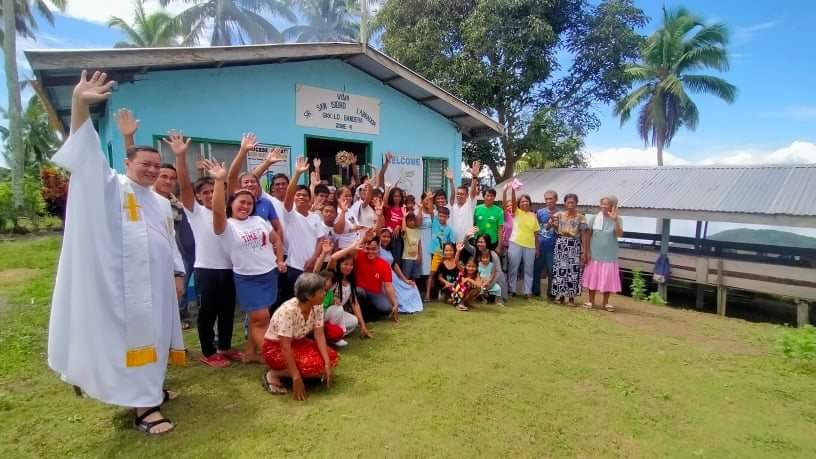PHILIPPINES: Don Bosco Mati provides agriculture and skills training to 300 youth

The center’s agriculture and technical skills training courses are in demand
(MissionNewswire) More than 300 students are gaining skills for employment at Don Bosco Training Center Mati in Mati City within the Davao Oriental province on Mindanao, the second largest island in the Philippines. Don Bosco Mati, as it’s known, opened in 2019, and the center’s agriculture and technical skills training courses are well known in Mindanao.
Father Joriz Calsa, who started at Don Bosco Mati in 2021, said, “We are glad that the training center continued its operation even amidst the pandemic with almost 300 students, thanks to our humble boarding houses and the continuous support through scholarships from government institutions. This year we even managed to send around 30 students for on-the-job training, and I have witnessed companies coming over to look for our graduates for job openings.”
Don Bosco Mati has acquired a star rating from the Technical Education and Skills Development Authority (TESDA) for its welding course and received a three-year approval as a “donee” institution from the Philippine Council for NGO Certification, which means the school can take donations from partner industries.
The latest project, a chapel on the Don Bosco Mati grounds, will be completed this year, so the school will be able to celebrate Catholic Mass with its students. Formation for the various ministries in the parish has also continued. This year, Salesians made a point of making the sacraments more accessible to the poor by offering them more frequently even in their own villages.
More than one-quarter of the population of the Philippines lives in poverty, according to UNICEF. Poverty is most severe and widespread in rural areas where 80 percent of the population — close to 88 million people — make their home. The poorest Filipinos are indigenous populations, small-scale farmers who cultivate land received through agrarian reform, landless workers and fishermen. In addition, poverty rates are higher for women than men.
Illiteracy and high levels of unemployment contribute to the elevated poverty rate. With more than 11 million out-of-school youth in the country and dropout rates doubling as children reach secondary school, access to education becomes a critical step in breaking the cycle of poverty. Throughout the Philippines, Salesian missionaries offer a variety of educational and social development programs for youth, many with an emphasis on recreation and sports activities. The goal is to provide the opportunities necessary to gain an education and skills training to break the cycle of poverty and retain long-term employment.
###
Sources:
ANS Photo (usage permissions and guidelines must be requested from ANS)
ANS – Philippines – Don Bosco “mother-house” in Mindanao: all about growth
Salesian Missions – Philippines
UNICEF – Philippines





